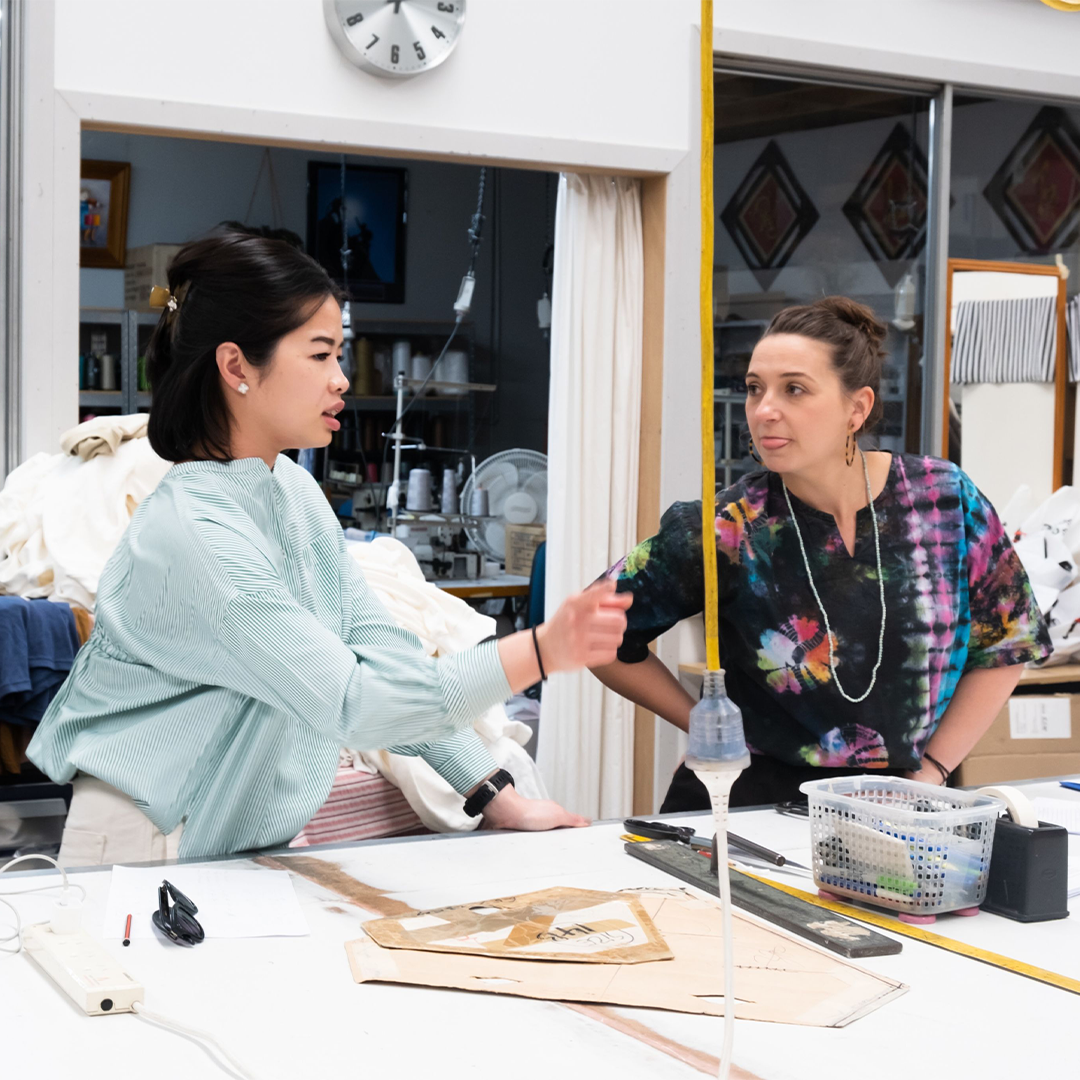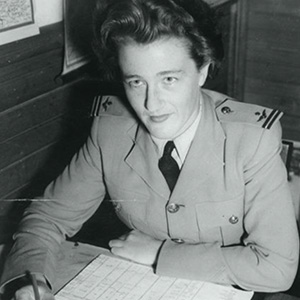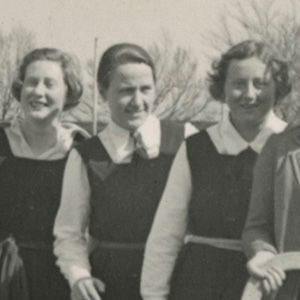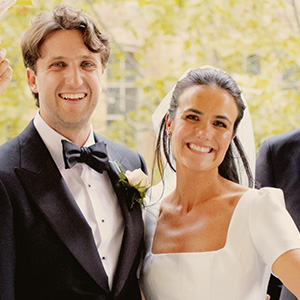

It’s even been linked to improved physical markers such as lower blood pressure and when altruistically motivated, a longer lifespan. It’s also great for your career! In the sections below, we take a look at some volunteering-related questions we’re commonly asked in the Careers & Alumni Office.
What are the work-related benefits that can we hope to receive from volunteer work?
There are so many!...
- You can gain experience in areas that interest you without making a long-term investment (many places will ask for a minimum time commitment though). This can help give you a sense of purpose and provide inspiration for your future career. For example, if you’re interested in the medical profession, try volunteering at a hospital or rest home. Teaching? Try Scouts, Girl Guides, tutoring or other youth programs.
- You can develop skills to add to your CV – many volunteer organisations provide extensive training in areas such as counselling, mentoring, event planning and first aid.
- You can develop ‘soft skills’ including oral and written communication skills, knowledge of business etiquette, interpersonal skills, time management skills, problem solving skills, teamwork skills, a positive attitude and a good work ethic. For international students, it really helps to familiarise yourself with Australian culture and workplace practises as they may be different to back home.
- By building ties in the community you can expand your network of contacts, which may help you to find a job in the future. This is especially true if you’re volunteering in an area that you’re interested in studying. You’ll meet people working in your field and you just never know, this could lead to a potential job!
- Volunteering your expertise can help you build your experience. For example, if you like building apps you could volunteer your expertise to a not-for-profit organisation or a start-up who are looking to develop their own apps to gain more experience.
Can volunteering really boost a student's job prospects and how can we include volunteering in our CV?
Absolutely! Volunteer work speaks to your character. It shows that you are good at using your initiative, are socially minded, motivated to contribute to the community and trustworthy. It can be especially advantageous if the volunteer work is relevant to the industry you want to work in.
You can include volunteering on your CV in a number of ways. If you haven’t got very much paid work experience, you can just put all your experience (voluntary and paid) under one heading (Previous/Relevant Experience) in chronological order. If on the other hand, you have quite a bit of experience, you can use separate headings (eg Employment History, Volunteer Work).
What kind of specific skills do most businesses seek from graduates?
Often, it’s your soft skills which count the most. A lot of research now shows that the number one skill employers are looking for in graduates is interpersonal communication skills – how well you communicate with others in oral and written form. Teamwork skills, problem solving skills and leadership skills are also on the list. In addition to your academic results, technical skills and volunteer/work experience, they’re looking for individuals with passion and drive; people who have a positive attitude and know how to use their initiative to get things done and make a difference.
How can we apply for a certificate to work with children and elderly p
Related News

A message from Professor Ken Hinchcliff

Quality over quantity: the environmental impact of our clothes

From little things: Trinity community members share their successful business strategies

Meet FS teacher Kristin Vestermark

What's it like for an international student in Melbourne?

Meet our TCAC student committee for 2025

Nakata Brophy winner announced

Nakata Brophy shortlist announced

The fascinating story behind our latest exhibition: Tais, culture & resilience

Residential College student Ravin Desai shares his passion for politics and journey at Trinity

Nakata Brophy 'longlist' announced

Meet Mariana Waqa, the accidental theological scholar

Meet Agatha Chelsea – Indonesian superstar and Trinity College graduate

Learn about the Wellbeing and Inclusivity Committee at Trinity

Meet Michael Dharmawan, a Trinity Foundation Studies dux in 2024

From Albury to Melbourne: Rosie Bradford's story

Foundation Studies alum Rachel Hongxun Zhou

From Foundation Studies to the Residential College to Oxford: Xinran’s story

Meet visiting professors Emeritus Dr Dagmar and Dr Jürgen Eichberger

From the surf coast to Melbourne

1974 vs 2024 for a woman at Trinity: what’s changed and what’s stayed the same?

Meet past FS student Yuxuan Li

King's Birthday Honours 2024

Meet Trinity's aspiring art curator Seb Moore

Meet Paul Oslington, Trinity alum and Director of the St James’ Institute, Sydney

Meet Nakata Brophy prize winner Jasmin McGaughey

Meet Foundation Studies student Gabriella Sim

Anzac Day 2024 – Trinity stories

Meet Foundation Studies student Hanadi Alabdouli

Meet Foundation Studies student Miguel Valmayor

Guest preacher Chris Mulherin on the intersection of science and religion

Meet visiting professor the Hon Justice Joe Williams
.jpg?width=300&height=300&ext=.jpg)
Visit David Frazer's new exhibition: All that you've loved

Pioneering women and the story of Janet Clarke Hall
.jpg?width=300&height=300&ext=.jpg)
Meet Gemma and Frederik Le Mesurier

A love story for Valentine’s Day: Matt Hargreaves and Kirsten Callander

Announcing our 2024 Alum of the Year

Meet economics teacher Tharushi Nissanka

Meet maths teacher Hao Weng

Charmaine Yee named our 2023 FS Alum of the Year

Meet English lecturer Jake Breaux

Meet English teacher Catherine Roberts

The work of visiting professor Justice Janak De Silva

Moving to Trinity from overseas: Katie's story

Meet visiting professor Ron Paterson

Meet Admissions Coordinator Wendy Ngaturi

Meet Academic Programs Manager Michael Pickering

Kate Beggs’s journey from the Great Ocean Road to the heart of Melbourne city

Pursuing a creative passion: from Trinity to Edinburgh to New York

